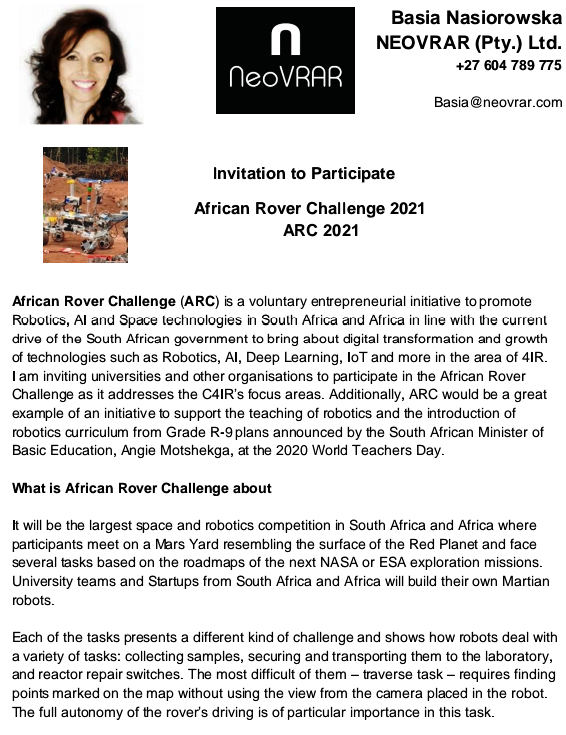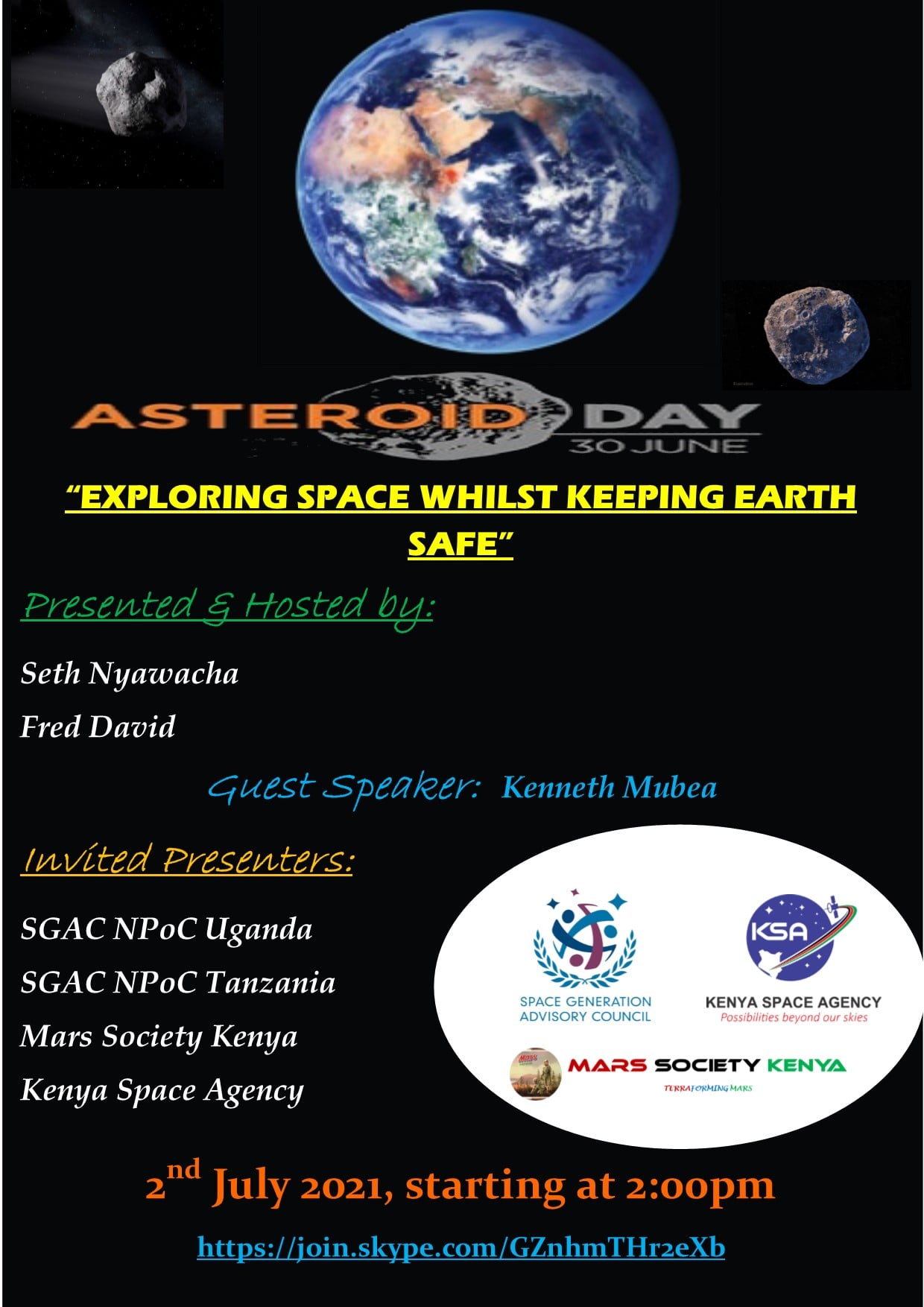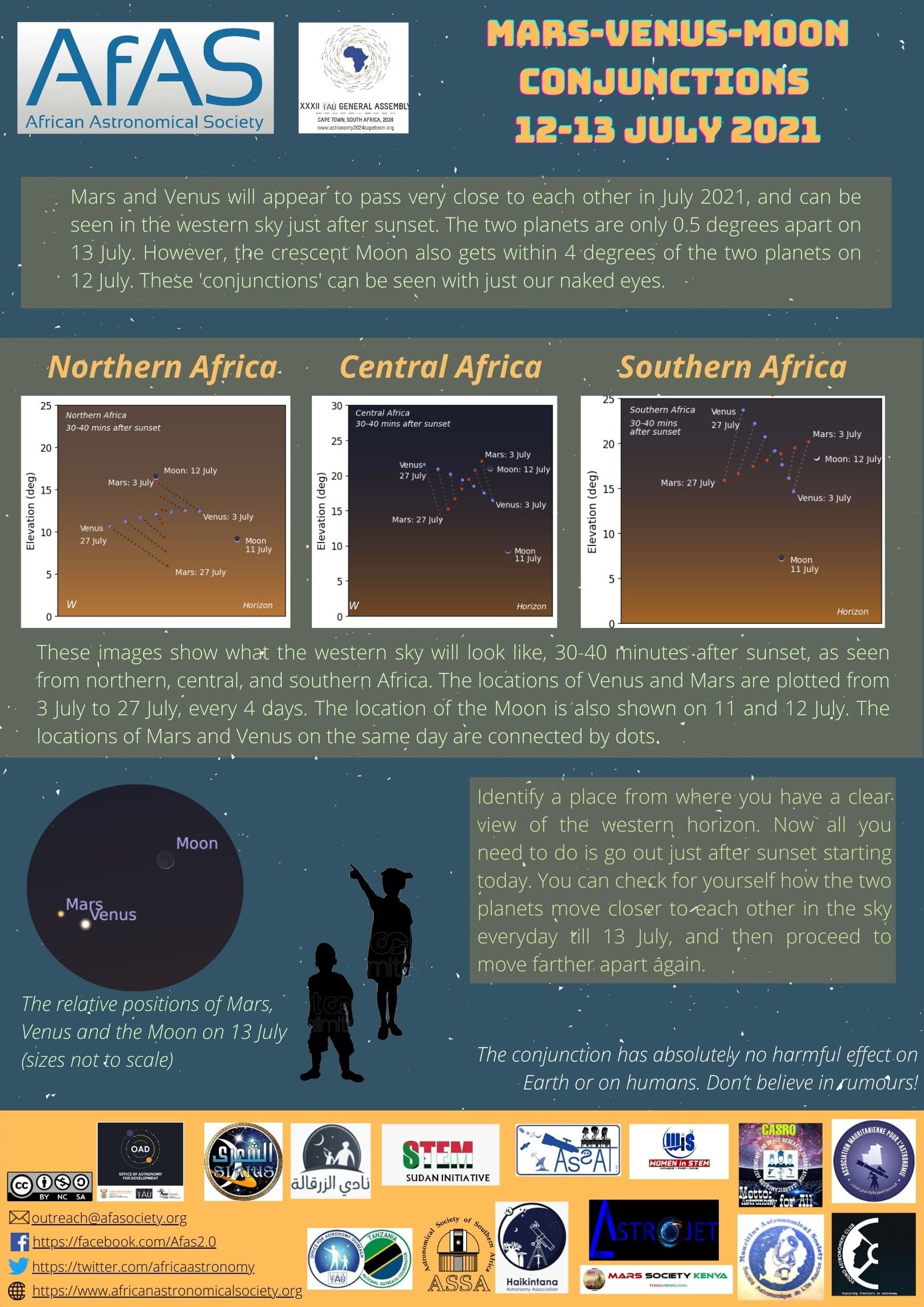
Space For Humanity – Citizen Astronaut Program
Space Boot Camp – Kenya
Mars Society Kenya is a non-profit organization with a youthful community of Space enthusiasts focused on the Space sector. We are the Kenyan Chapter of the American worldwide volunteer-driven space-advocacy non-profit organization under Dr. Robert Zubrin.
Our hope and desire is to partner with the Kenyan government in reviving the Space industry in Kenya, through forming partnerships to deliver either individual projects, communal or those of the Kenya Space Agency.
Kenya is one of the few countries globally with its own space port. The country is slowly rising from the dust in terms of its involvement in the Space industry and having such a goal first and then working backwards through the measures we as a country need to take in order to achieve this goal is surely the best way to go as we advance our presence in the Space above and beyond.
To do this, Mars Society Kenya is working on establishing a Space City. The Space City will be a fully-fledged space academy which will also feature a Mars Simulation Habitat. MARS SOCIETY KENYA has decided to establish a Mars Habitat Simulation Programme / Research Station to be set up in the country. The region is suitable for an MDRS, which will enable both the citizens and any other willing party to practice and experiment on a Martian-like environment, even as we purpose to eventually have a human presence on Mars.
This camp will form the basis of all the operations of the port or the main programme of the project. The camp will receive and train people of all walks of life for a fee. In line with the ASI-Sapienza Agreement (between the University of Nairobi and the University of Rome, Italy), successful trainees will qualify to join the space port for internship, this period will serve as the officially working population of the port. The interns will be involved in all manner of the port’s operations.
After successfully going through internship, the interns will be placed where they fit best and on their personal accord, to ensure maximum and accident-free business operations.
The project is expected to raise its own staff and not unless in the worst case scenario where a post is urgently needed and the internship cannot fill; nor can the current staff work their way up to fill the empty slot, that this slot will be filled by an ‘outsider’.
Partners of the project, such as the Italian Space Agency can send their representatives to fill specific posts, but individuals of the same, on a learning experience will have to go through the system like the locals.
Our partners, just like those of the Kenya Space Agency will be;
– Ministries, Departments and Agencies
– Academia (Youth in STEM)
– Regional and International Organizations
– Private Sector and Civil Society Organizations
Overview: http://kenya.marssociety.org/
Kindly donate: https://www.givingway.com/donate/mars-kenya
Read entire manuscript: https://dl.iafastro.directory/event/GLEX-2021/paper/61678/

Design in Space for Life on Earth – World Design Organization
After two weeks of intense brainstorming, discussion and ideation, participants presented their final solutions during the playback session of 9 October 2020.
Embracing the provided challenge statements with openness, creativity and professionalism, teams took the time to explain their process and their proposed projects, which varied to include two orbital university proposals built around accessibility and capacity building.
Features of these academic frameworks include: remote residencies, reconfigurable laboratories and space hubs around the world that explore STEM, humanities and social sciences.
SPACE BOOT CAMP (full manuscript) — IAF Digital Library
SPACE BOOT CAMP. Paper ID. 61678. author. ISAAC GATHU. company. Kenya Space Agency (KSA). country. Kenya. year. 2021.
Abstract
INTRODUCTION Kenya as a country is slowly rising from the dust in terms of its involvement in the Space industry.MARS SOCIETY KENYA is in the process of establishing a Mars Habitat Simulation Programme / Research Station to be set up in the country where the citizens and any other willing party can practice and experiment on a Martian-like environment, even as we purpose to eventually have a human presence on Mars.
Space Boot Camp will be the entry level and it will be open to the general public regardless of one’s demographic status. The camp will have the necessary infrastructure required to train astronauts.The purpose for this is to raise our own team that understands the dynamics at the port and are passionate to see the success of any project they will be working on.

Gallery





Thank you Anousheh Ansari
Creating space opportunities for all by 2040
Read more; https://xprize.us1.list-manage.com/track/click…
Subscribe to
Our Newsletter
Get our latest news and content delivered directly to your inbox.
Leave a comment